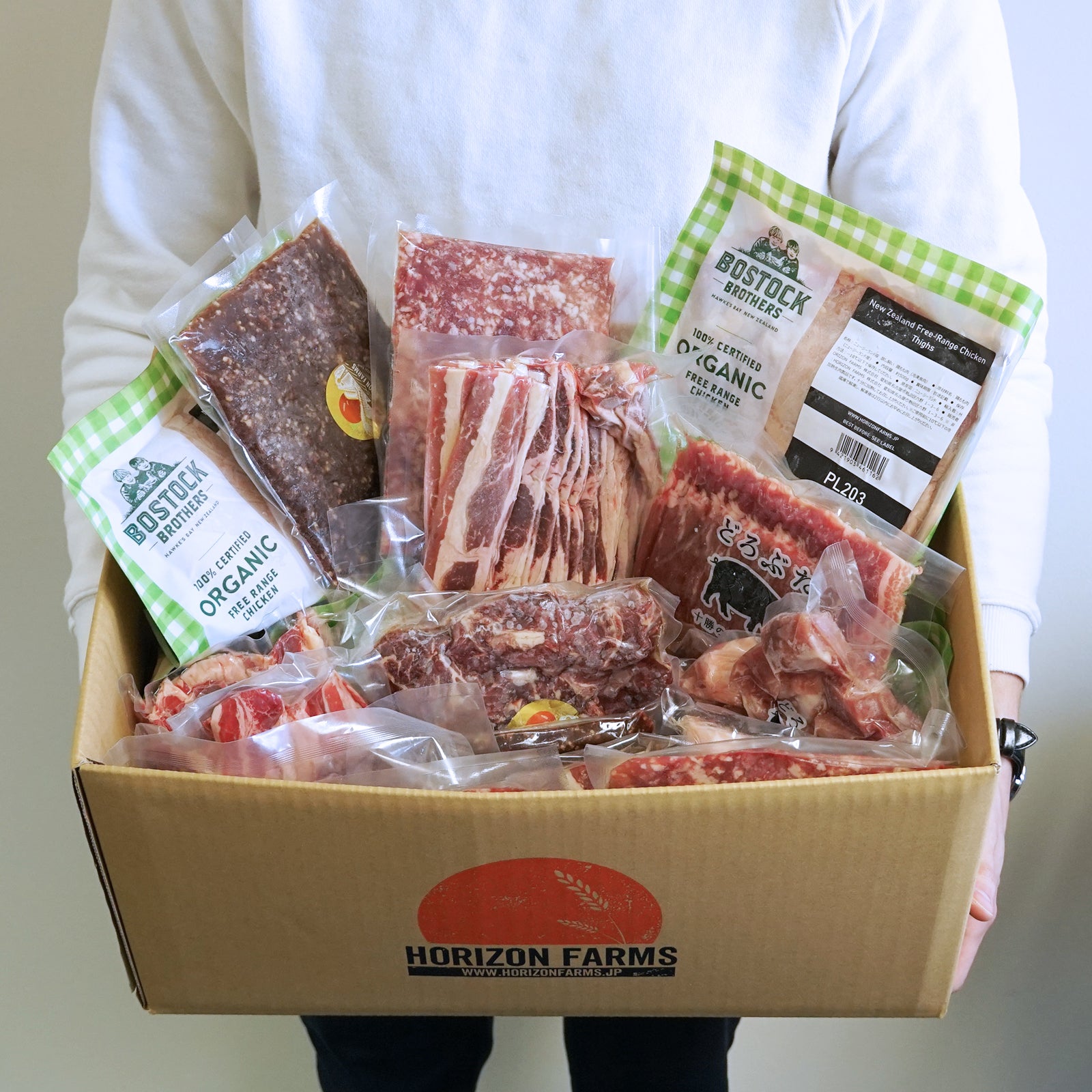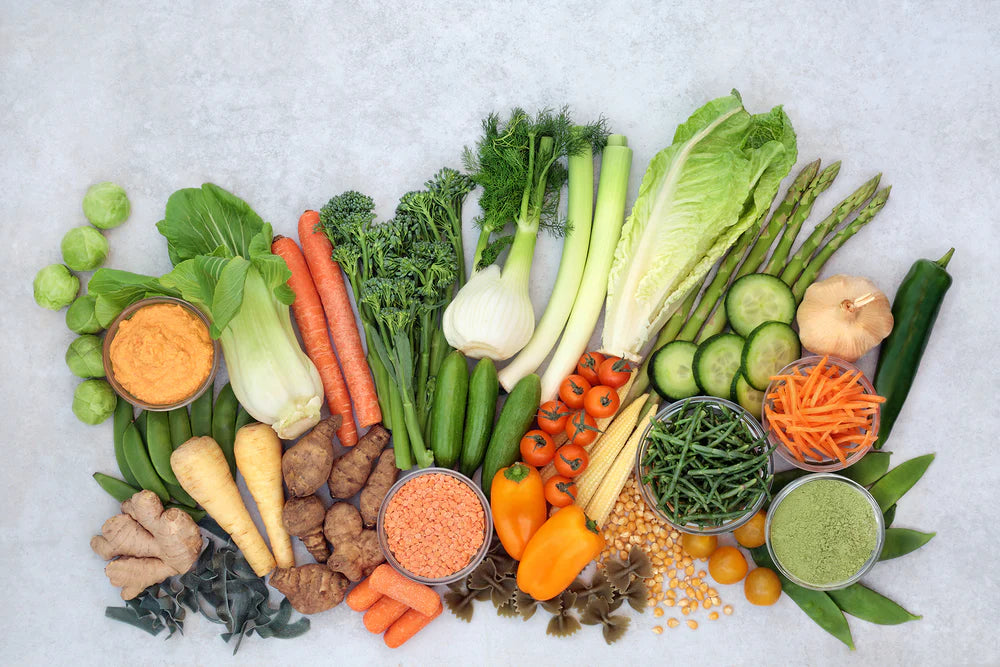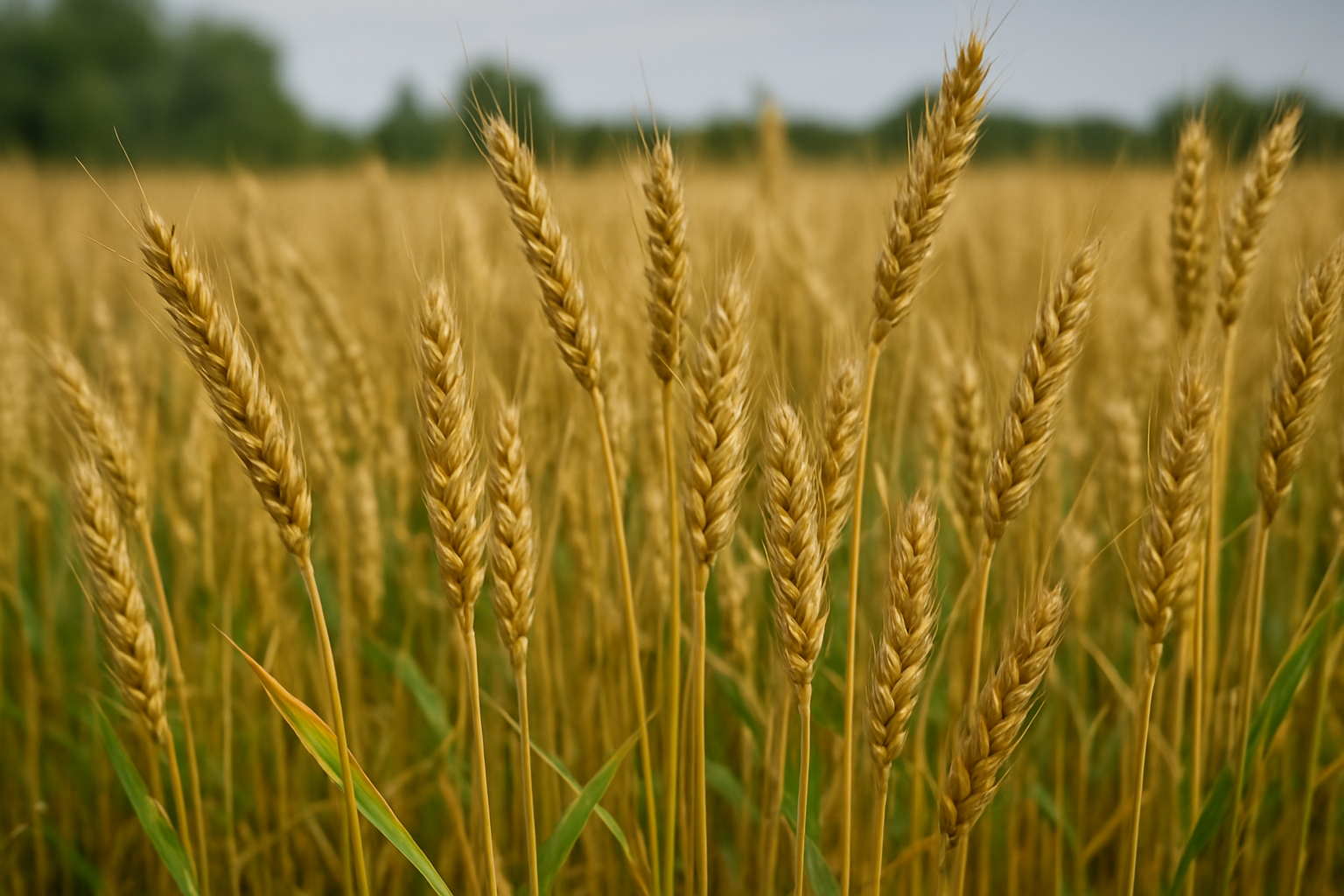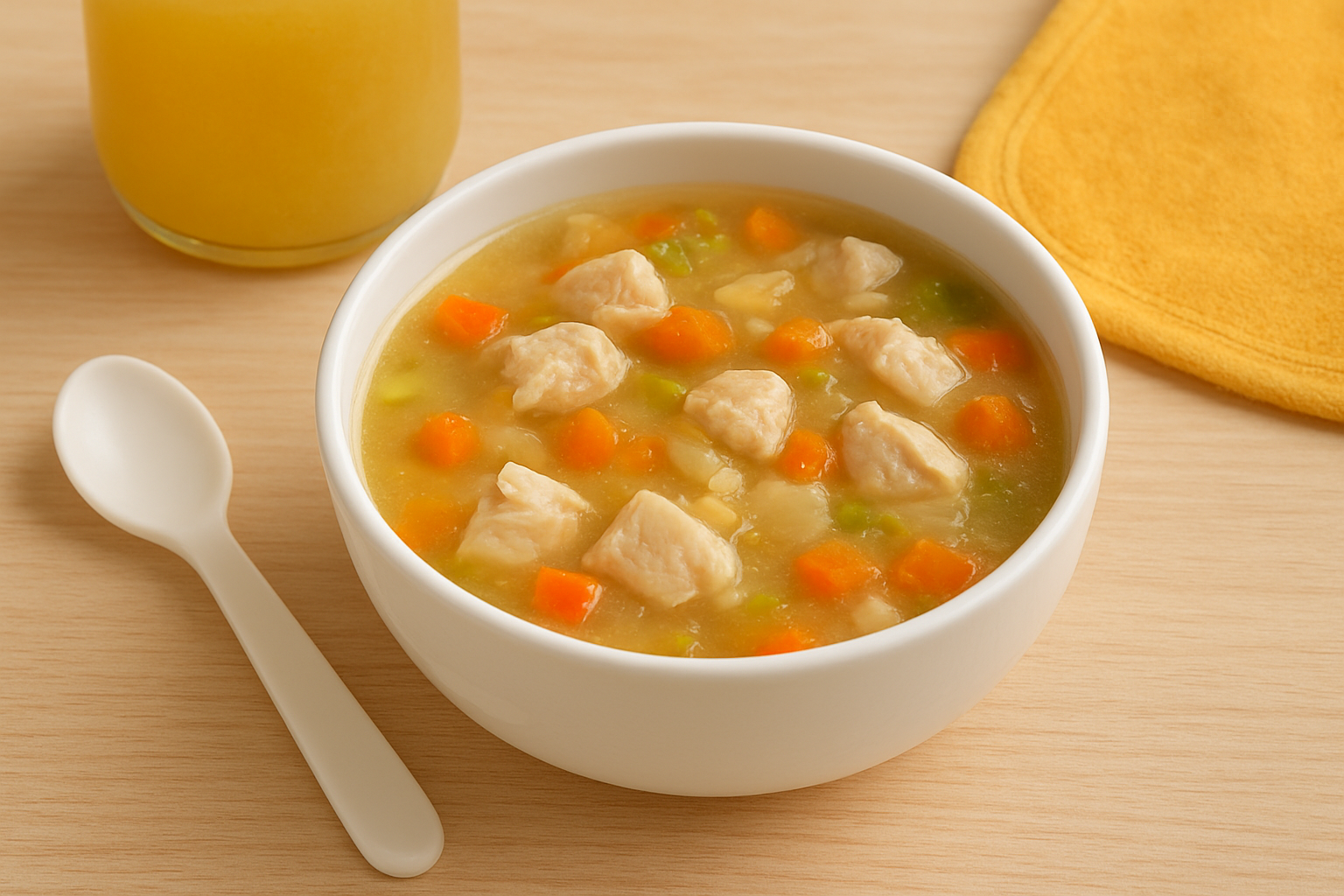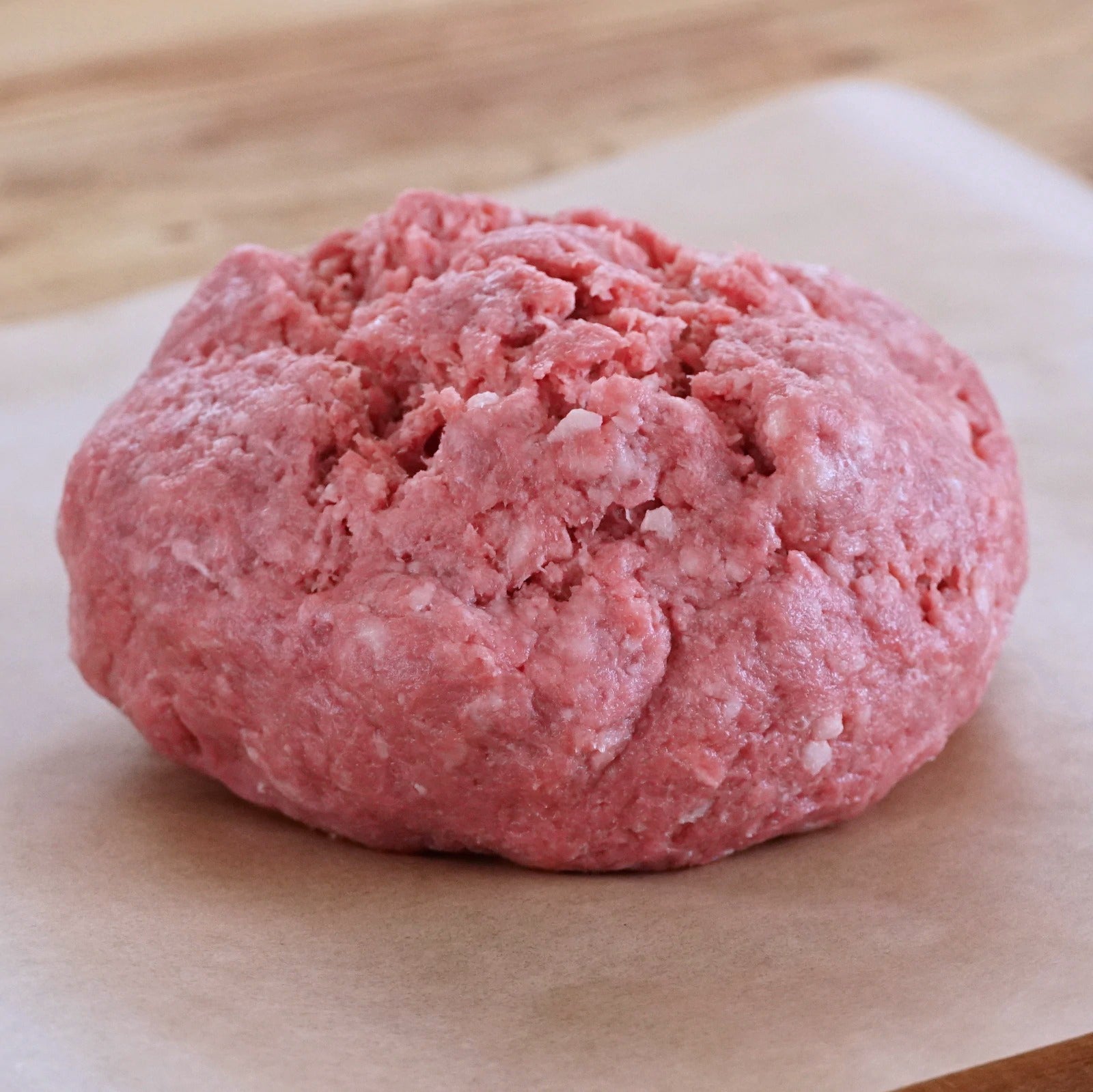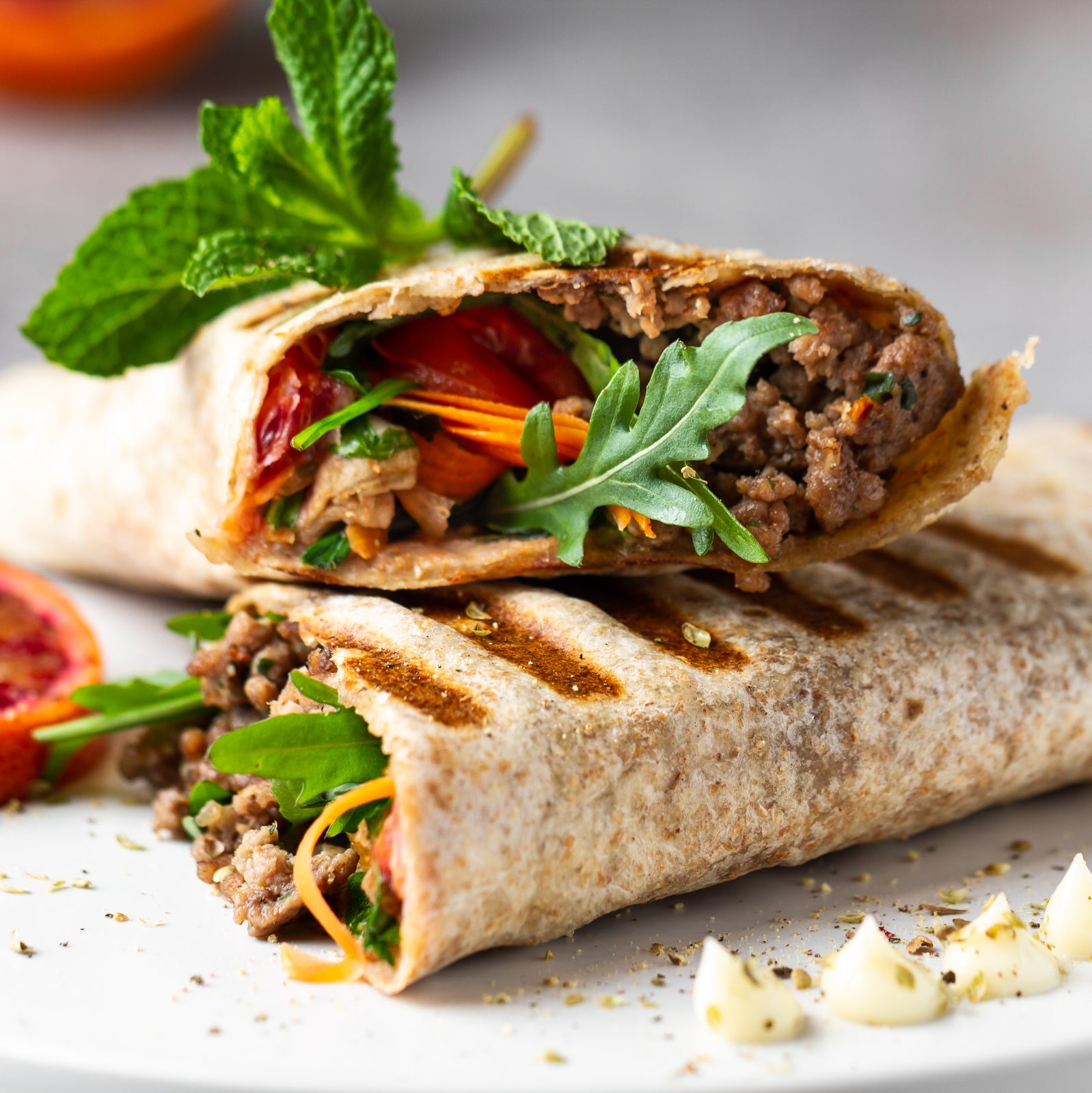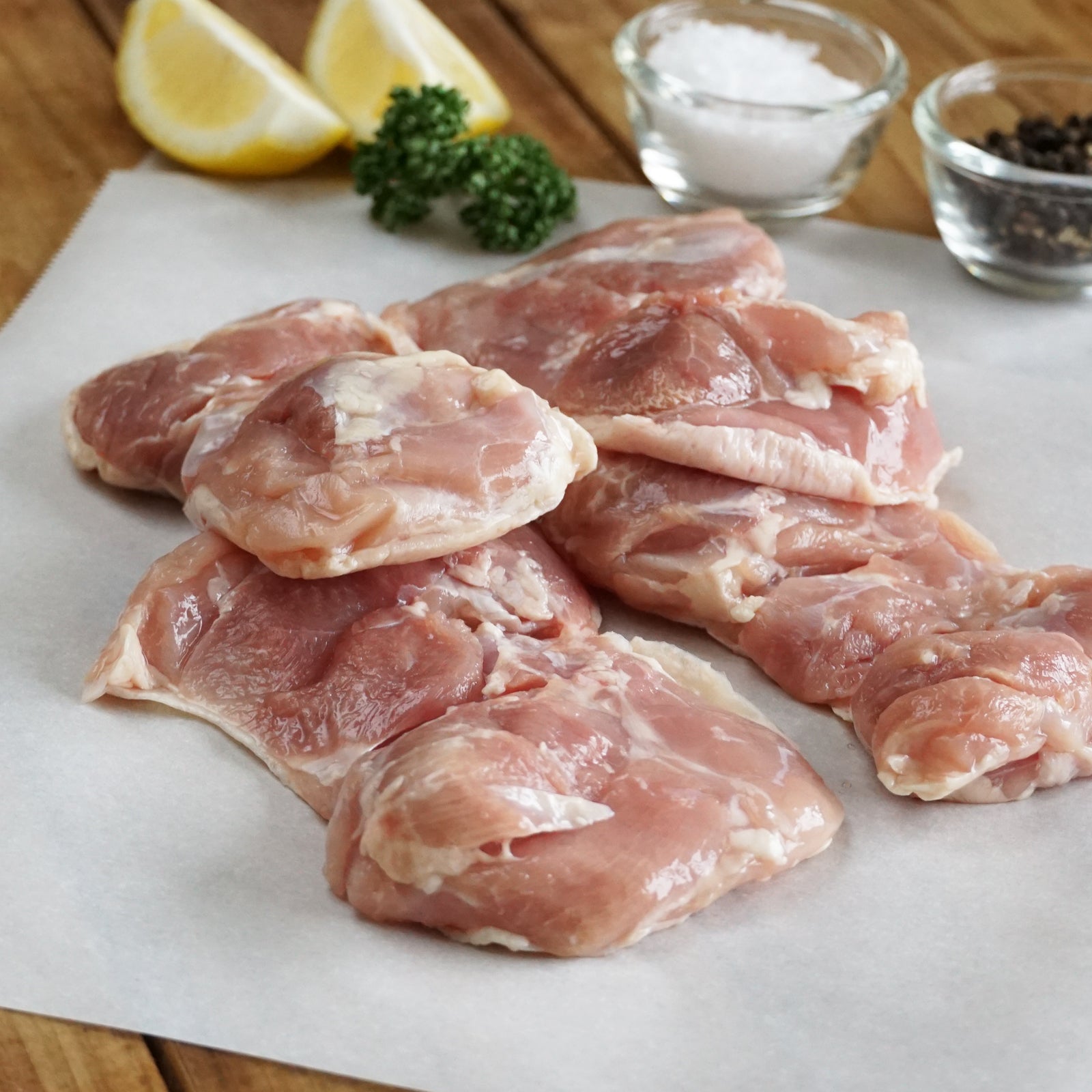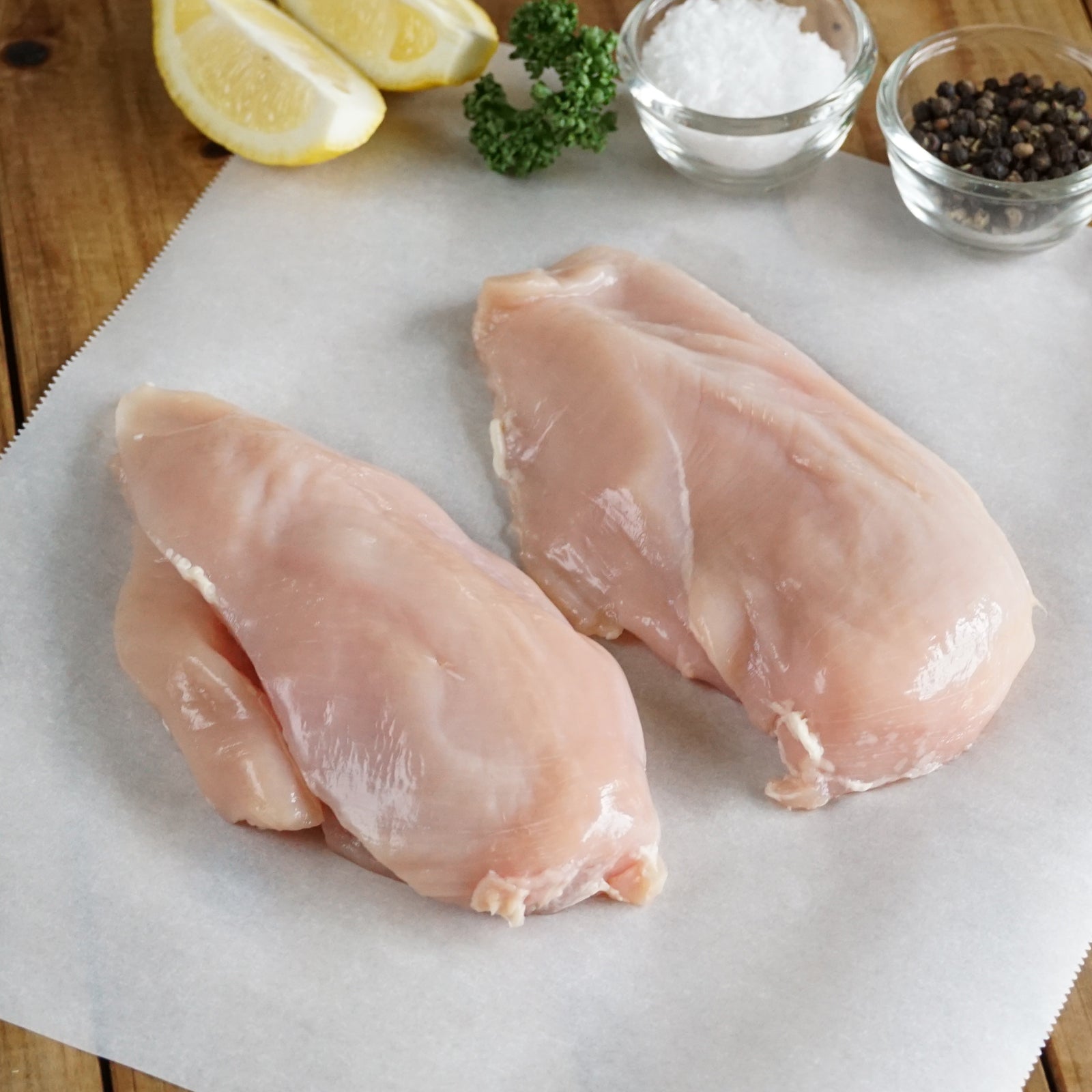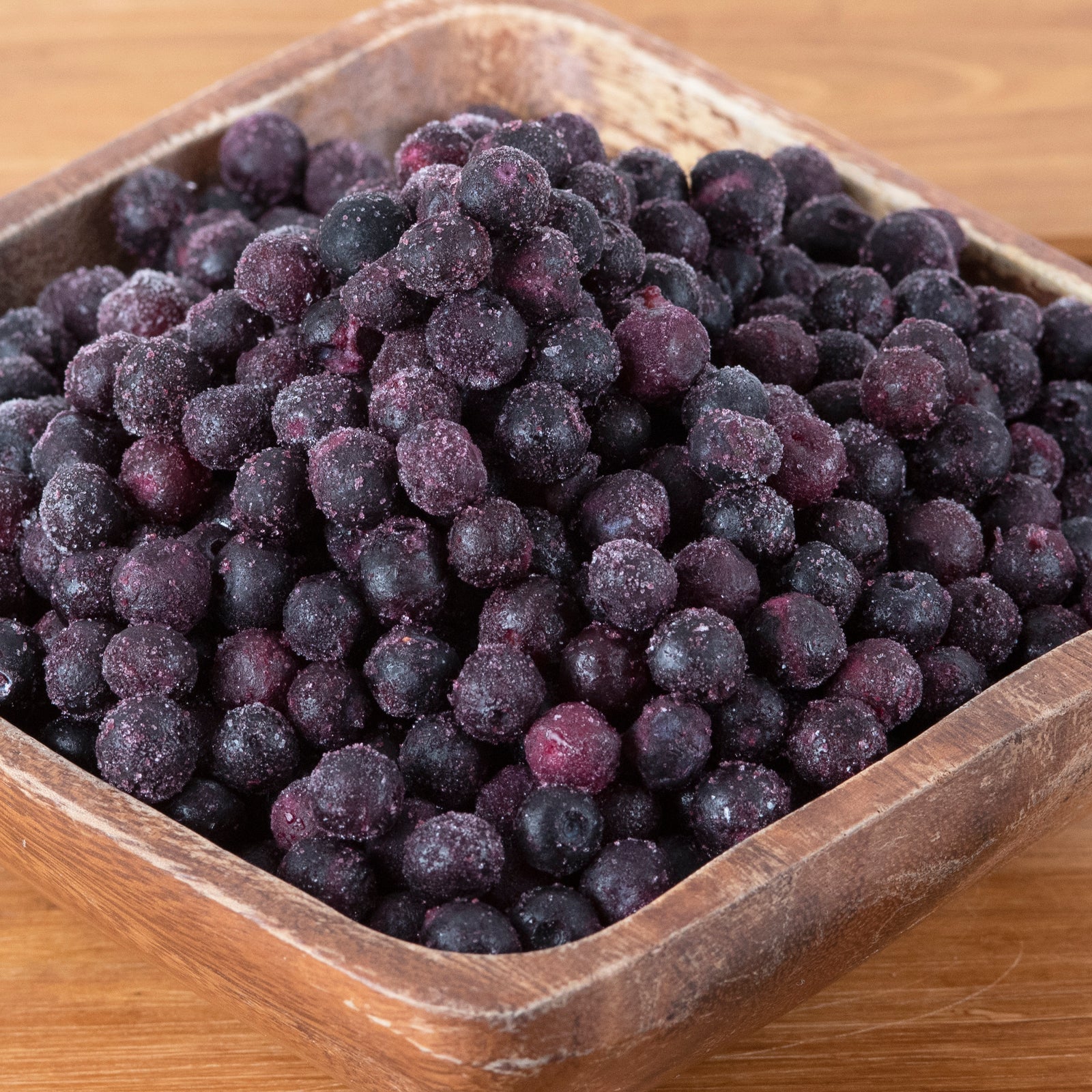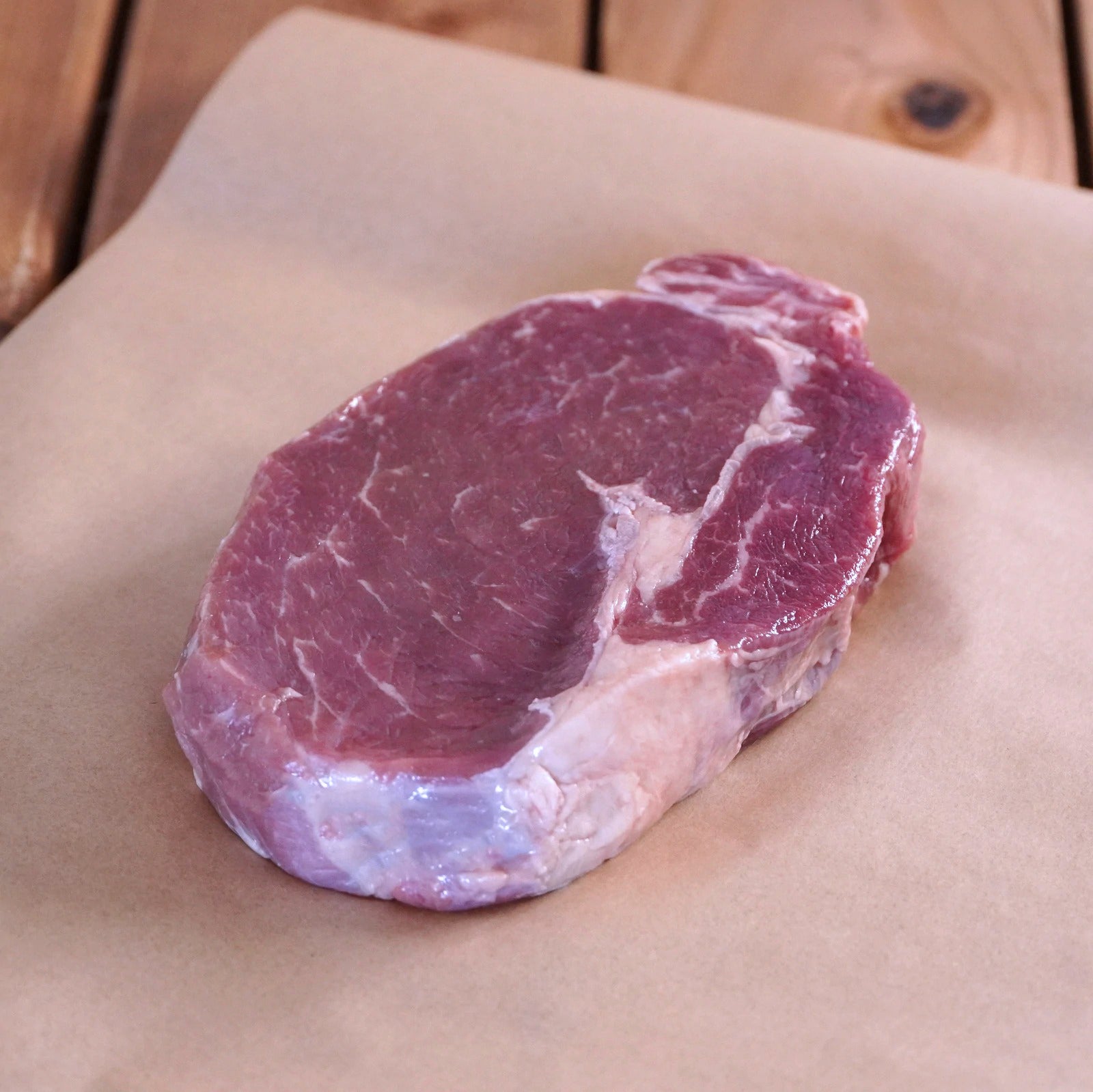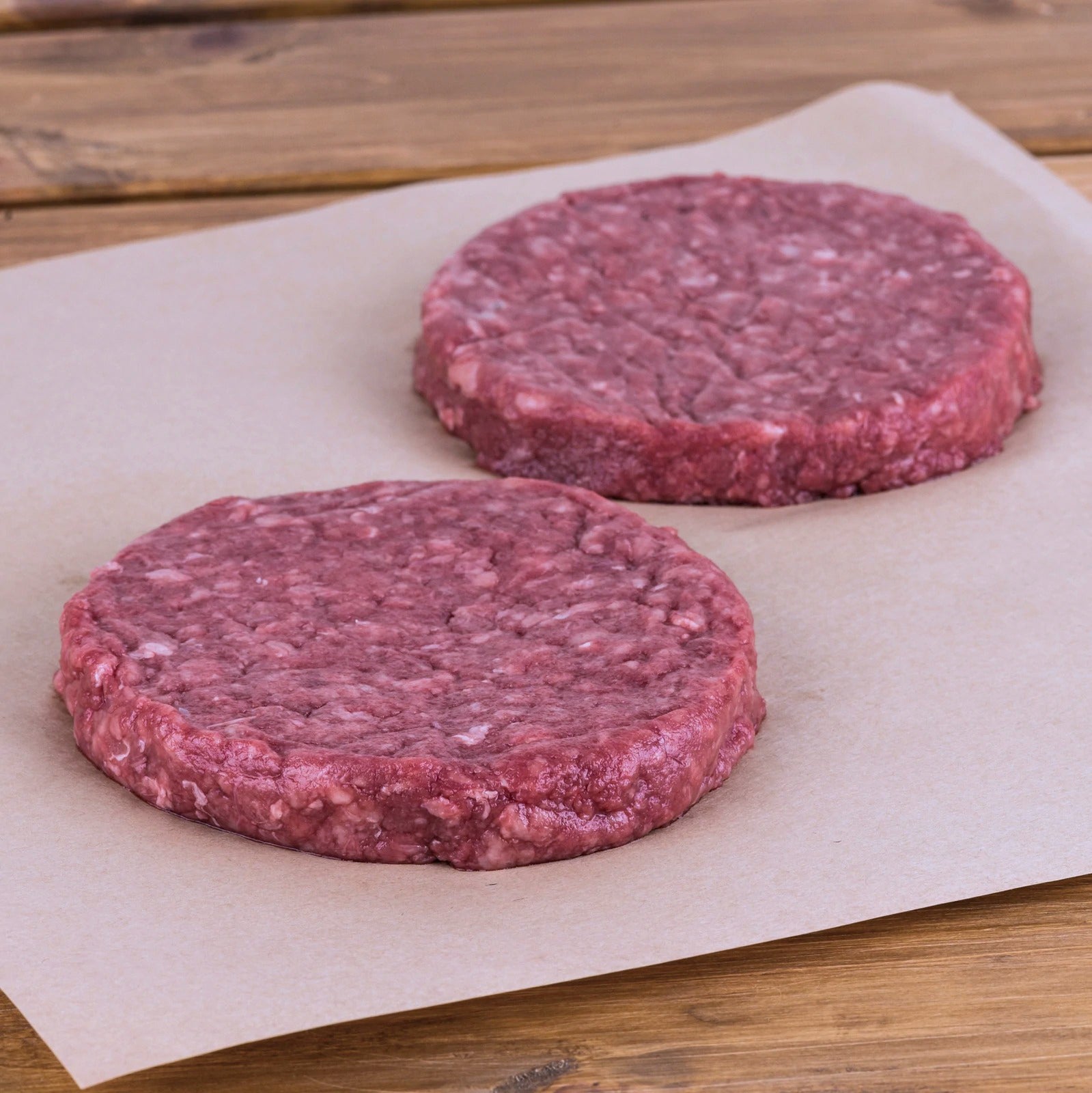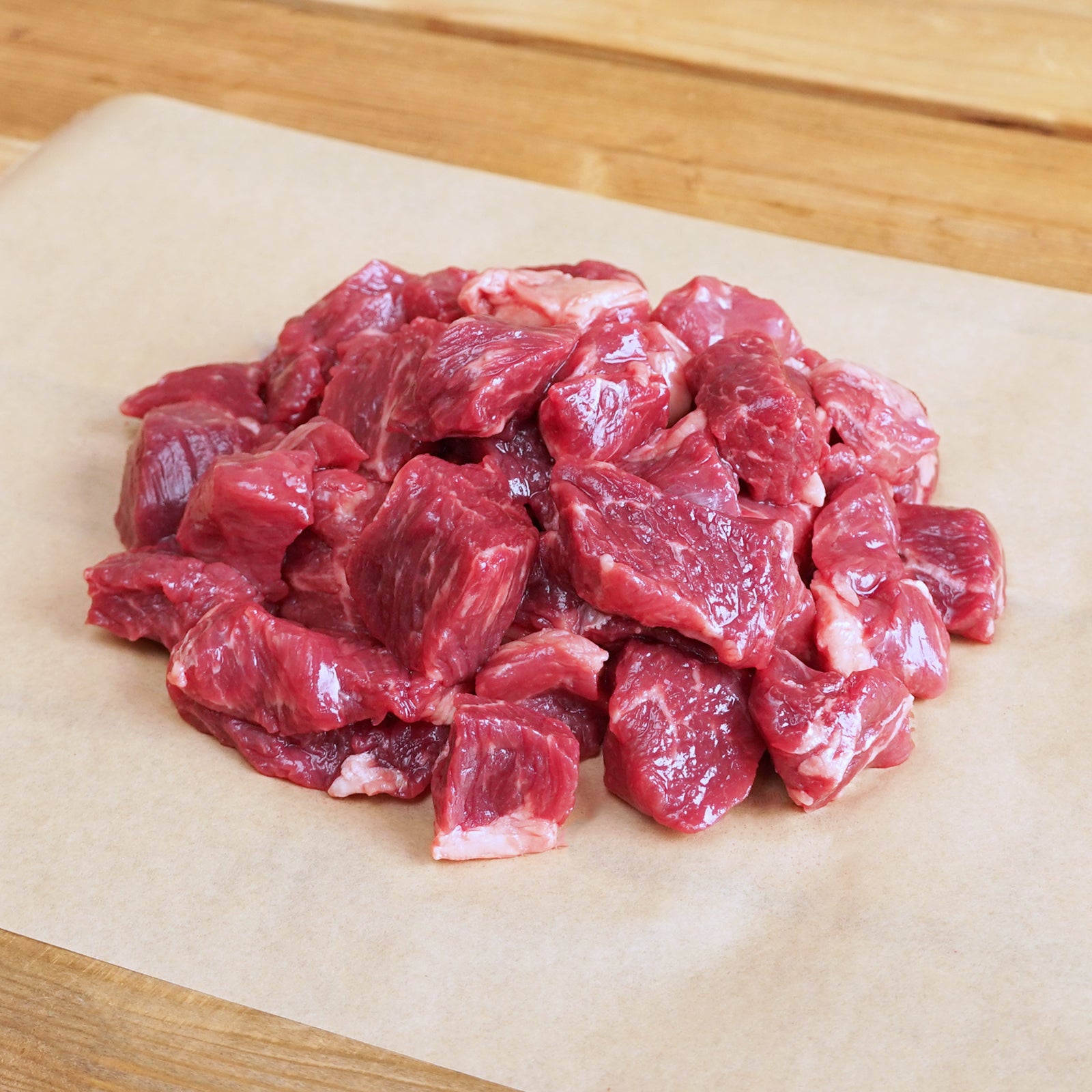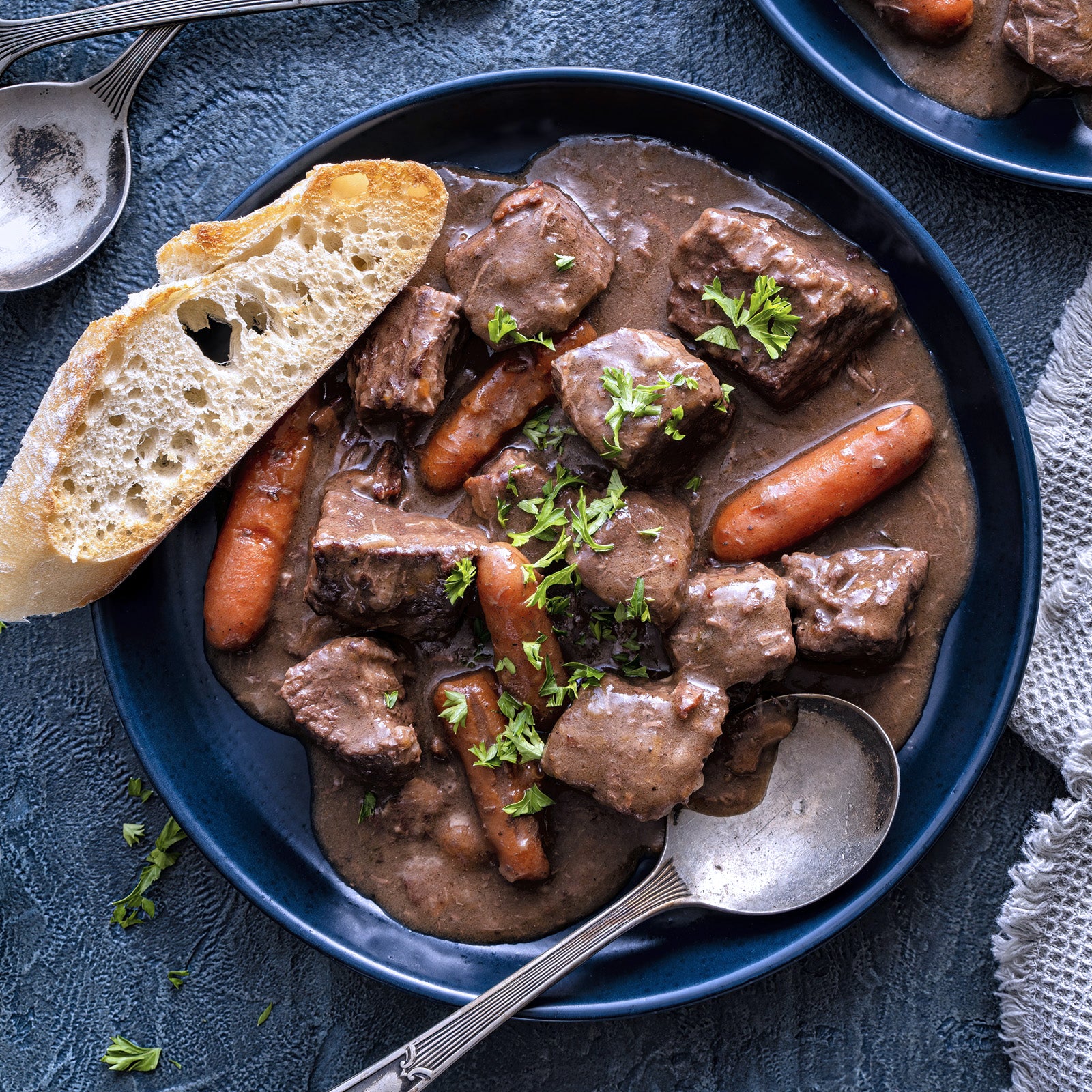Basics of Ethical Food
You probably know the word ethical and have seen it used in a variety of phrases, but what does it mean when it’s attached to "food"? Ethics we can define as consideration and care for the earth and all the people and creatures that inhabit it. Therefore, ethical food would naturally mean food that is produced with the environment, people, animals, and society as a whole taken into consideration.
Difference Between Ethical and Sustainable
With such a focus recently on protecting the environment and living a healthy lifestyle, a lot of buzzwords have been catching on. "Sustainable" is one of those words, but it seems to often be confused with the word "ethical." Let’s take this opportunity to clearly define their differences.
Ethical as written above means taking the environment, people, and animals into consideration. Sustainable on the other hand stems from environmental destruction, resource depletion, and an ever increasing world population. Without changing the way things are going, it’s very likely that life on Earth will get increasingly difficult. Sustainability aims to solve these problems and give mankind a better future.
Both of these words have come as extensions of problems we’re facing in the world, but their actual meanings and goals are quite different. However, just because these words mean different things doesn't mean they’re incompatible. When thinking about ethics, sustainability may also be relevant and vice versa, so this is an important thing to keep in mind as we move ahead.
Ethical Food Production
All over the world, an ever-expanding mountain of problems need solving in regards to both the natural environment and work environments. Ethical food is one potential solution.
For a long time, the world's natural environments have been threatened by things like global warming, sea pollution, and deforestation. In response to that, countless individuals and organizations have launched initiatives to turn things around - things like carbon reduction and improvements in water quality. But to be frank, a big reason why the problems surfaced in the first place was humanity's prioritization of convenience and economics over the environment.
In recent times, the global system of mass production, mass consumption, and mass disposal has become a major cause of environmental distress. We use the Earth's resources for production, use energy for transportation, and large quantities of food waste are discarded. If this cycle does not change, the natural environment will continue to deteriorate.
A critical aspect from an environmental perspective is the use of chemicals and additives during production. These not only harm the planet, but they pose risks to the producers and consumers as well. Land that has been contaminated with chemicals cannot simply be returned to its original state. Ethical food products aim for freedom from chemical fertilizers and pesticides, freedom from additives, and promotion of the natural world's health.
In addition to environmental considerations, there is also a societal one. Many of the foods we consume are produced under poor working conditions. Workers are employed on low wages and are unable to improve their condition no matter how hard they work. This perpetuates a widening gap between the wealthy and the poor. Ethical food also seeks to address this issue.
Relation to Fair Trade
There is a tendency to hire low-income workers in developing countries to produce products that are cheaply exported overseas to be sold at a higher cost. Fair trade's goal is to stop taking advantage of the low costs in developing countries, and rather to give producers a fair deal based on the true value of their products, thereby creating a sustainable system. For that reason, you could say that fair trade products are an example of ethical food.
Advantages of Ethical Food
Environmentally friendly production without the use of chemicals or additives is what ethical food is all about, but it has the added health benefit of keeping undesirable substances out of our bodies. All-natural products also maintain their full nutritional value for consumers. So ethical food is not only advantageous for the environment, but for our health as well.
As mentioned a moment ago, the other benefit is the improvement of working conditions around the globe. As consumers, ethical food gives us an opportunity to contribute to global society by supporting workers in local communities.
How to Choose Ethical Foods
Now that we've seen what ethical food means, how do we go about finding it for ourselves? One thing to keep an eye out for is certification. While there isn't a specific "ethical certification" system currently, there are some other certifications that display a similar message.
One certification to look for is the Organic JAS label. This label is given to agricultural products that are cultivated in as natural an environment as possible - no chemical pesticides or fertilizers. These organic products have to follow strict guidelines and pass inspections in order to receive this label.
Another label to check out is the Fair Trade certification label. Similar to Organic JAS, this label is only awarded to products that meet rigorous standards throughout production. When purchasing imported foods like chocolate, coffee, wine, and bananas, look for the Fair Trade mark.
Some large brands are also starting to lean into ethical food practices. One way to support ethical foods is by finding and purchasing from brands that are committed to ethical practices. Websites that handle ethical foods will include this information in their product descriptions, so be sure to keep an eye out.
The Road Ahead
In 2019, an ethical consumerism survey found that 5.5% of responders were "extremely interested" in ethical consumption. 53.6% said that they were somewhat interested - meaning a total of 59.1% of people displayed interest. Compare that to the same survey in 2016 when just 35.9% displayed any interest - more than a 20% jump. Seeing this kind of growth in awareness and interest, it's reasonable to think that desire for ethical food products will continue to grow.
Still, some obstacles remain, not least of which is the cost of ethical food products. Without using chemical fertilizers or pesticides, more effort is required for cultivation and therefore costs go up. However, producers continue to actively devise ways to keep costs affordable in spite of constraints. There is also movement now toward a certification for ethical products, and an increasing number of companies are working to increase awareness of their ethical practices. No matter how many obstacles there are, you can be sure that progress will continue moving forward.
Conclusion - Let's Give It a Try
With all the issues and efforts laid out here, it's plain to see that ethical foods don't just address problems in Japan, but pressing issues worldwide. That makes this an issue of extreme significance. For the sake of our health and our future, let's challenge ourselves to pay more attention and to incorporate ethical foods into our lives.
Disclaimer: Please note that while our explanations are correct, they are simplified for shortness and understanding. We encourage you to do further research on the topic.


